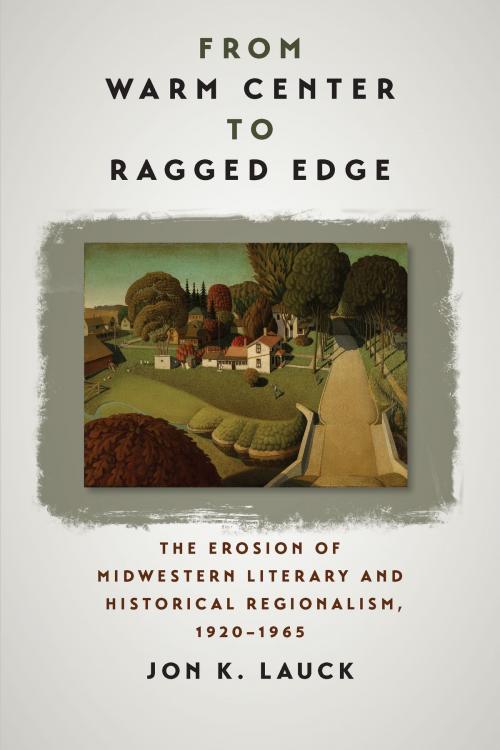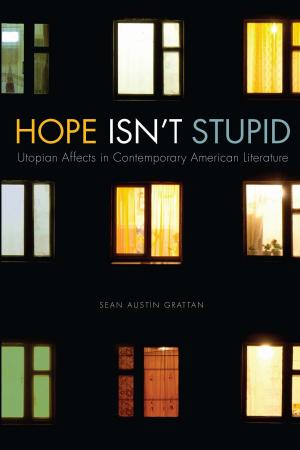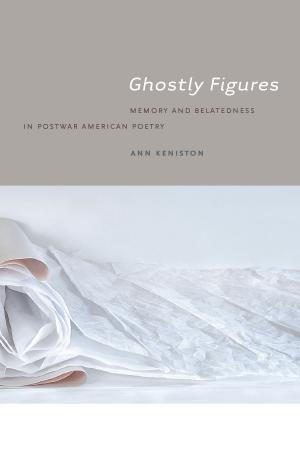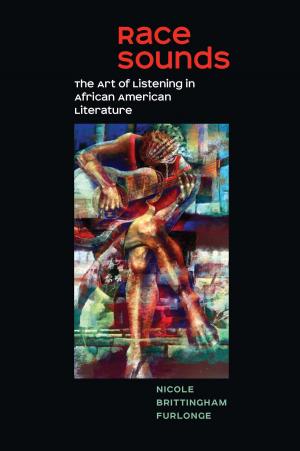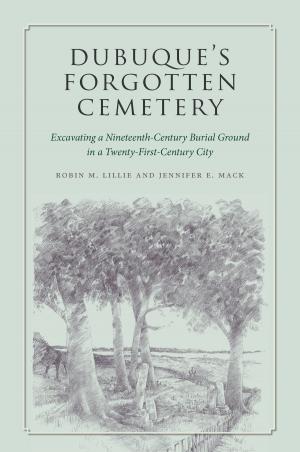From Warm Center to Ragged Edge
The Erosion of Midwestern Literary and Historical Regionalism, 1920-1965
Nonfiction, History, Americas, United States| Author: | Jon K. Lauck | ISBN: | 9781609384975 |
| Publisher: | University of Iowa Press | Publication: | June 1, 2017 |
| Imprint: | University Of Iowa Press | Language: | English |
| Author: | Jon K. Lauck |
| ISBN: | 9781609384975 |
| Publisher: | University of Iowa Press |
| Publication: | June 1, 2017 |
| Imprint: | University Of Iowa Press |
| Language: | English |
During the half-century after the Civil War, intellectuals and politicians assumed the Midwest to be the font and heart of American culture. Despite the persistence of strong currents of midwestern regionalism during the 1920s and 1930s, the region went into eclipse during the post–World War II era. In the apt language of Minnesota’s F. Scott Fitzgerald, the Midwest slid from being the “warm center” of the republic to its “ragged edge.”
This book explains the factors that triggered the demise of the Midwest’s regionalist energies, from anti-midwestern machinations in the literary world and the inability of midwestern writers to break through the cultural politics of the era to the growing dominance of a coastal, urban culture. These developments paved the way for the proliferation of images of the Midwest as flyover country, the Rust Belt, a staid and decaying region. Yet Lauck urges readers to recognize persisting and evolving forms of midwestern identity and to resist the forces that squelch the nation’s interior voices.
During the half-century after the Civil War, intellectuals and politicians assumed the Midwest to be the font and heart of American culture. Despite the persistence of strong currents of midwestern regionalism during the 1920s and 1930s, the region went into eclipse during the post–World War II era. In the apt language of Minnesota’s F. Scott Fitzgerald, the Midwest slid from being the “warm center” of the republic to its “ragged edge.”
This book explains the factors that triggered the demise of the Midwest’s regionalist energies, from anti-midwestern machinations in the literary world and the inability of midwestern writers to break through the cultural politics of the era to the growing dominance of a coastal, urban culture. These developments paved the way for the proliferation of images of the Midwest as flyover country, the Rust Belt, a staid and decaying region. Yet Lauck urges readers to recognize persisting and evolving forms of midwestern identity and to resist the forces that squelch the nation’s interior voices.
